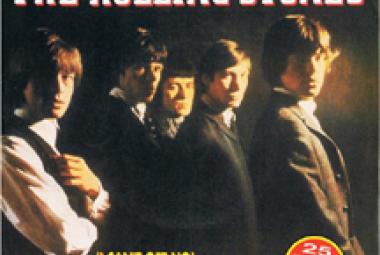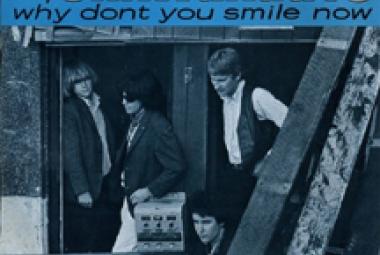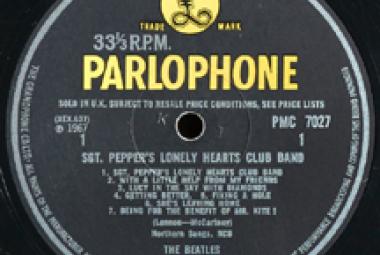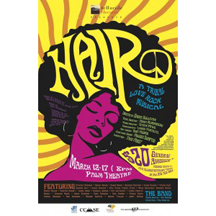
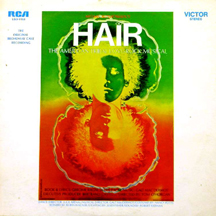
Hair (The Original Broadway Cast Recording) (1968): Billed as “The American Tribal Love-Rock Musical”, Hair departed from virtually every norm of Broadway theatre, while still being structured and staged like a conventional musical. The original Broadway production numbered 1,750 performances, and Hair has permeated popular culture for more than 50 years. There are a few familiar names among the performers on this album, such as Diane Keaton and Melba Moore. In recent times, Hair was revived on Broadway in 2009, along with a national tour; there was also a 2010 revival at London’s West End (where its original run was even longer than on Broadway), a 2014 performance at the Hollywood Bowl, a 50th anniversary show in London, and another national tour that was mounted in 2019. The list of innovations in Hair seems endless: Rock music instead of show tunes; dozens of songs instead of eight or ten; ordinary casual clothing instead of elaborate costumes; a racially integrated cast; the famous scene with totally naked actors (albeit briefly and dimly lit); other scenes with profanity, drug use, sexual themes, and anti-Establishment dialogue and lyrics; inviting audience members on stage for the “Be-In” scene; etc. What makes Hair work are the songs, with many being just as shocking a half-century later. “Sodomy” is mostly a frank listing of sexual terms; at the “coffeehouse” gathering for teenagers that our church, Highland Presbyterian Church held regularly, we were asked to skip that song (but only that one). In “Colored Spade”, just one of several songs about the Black experience, an African American man gives a litany of offensive terms for Black people, along with numerous stereotypes. Three white girls sing about the delights of “Black Boys”, while three Black girls do the same about “White Boys”. “Don’t Put it Down” (the American Flag that is) mocks unexamined patriotism. But not every song is confrontational by a long shot. “Exuberant” is the only word for the title song and the opening and closing numbers: “Hair”, “Aquarius” (“This is the dawning of the Age of Aquarius”), and “The Flesh Failures (Let the Sunshine In)”. The lyrics for “What a Piece of Work Is Man” are taken from a monologue in the William Shakespeare play Hamlet. Numerous songs from Hair were major hits; as related in Wikipedia: “The 5th Dimension released ‘Aquarius / Let the Sunshine In’ in 1969, which won the Grammy for Record of the Year in 1970 and topped the charts for six weeks. The Cowsills’ recording of the title song ‘Hair’ climbed to No. 2 on the Billboard Hot 100, while Oliver’s rendition of ‘Good Morning Starshine’ reached No. 3. Three Dog Night’s version of ‘Easy to Be Hard’ went to No. 4. Nina Simone’s 1968 medley of ‘Ain’t Got No / I Got Life’ reached the Top 5 on the British charts. In 1970, ASCAP announced that ‘Aquarius’ was played more frequently on U.S. radio and television than any other song that year.” The storyline in Hair is fluid and clearly secondary to the depiction of what the counter-culture was like in the 1960’s; and there have been frequent rewrites over the years, with songs being added and deleted regularly. The 1979 film version of Hair is rather different from the play for example but was a hit in its own right. This album sold 3 million copies and, astonishingly, was the last Broadway cast album to top the Billboard Top 200 Albums chart; although the Original Broadway Cast album for Hamilton (2015) made it to #2. This Original Broadway Cast Recording was also given the Grammy Award in 1969 for Best Score from an Original Cast Show Album and was added to the National Recording Registry in 2019.
